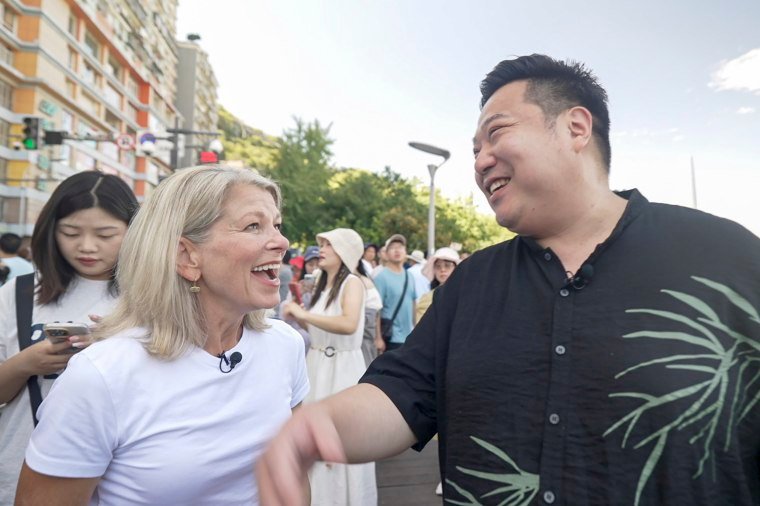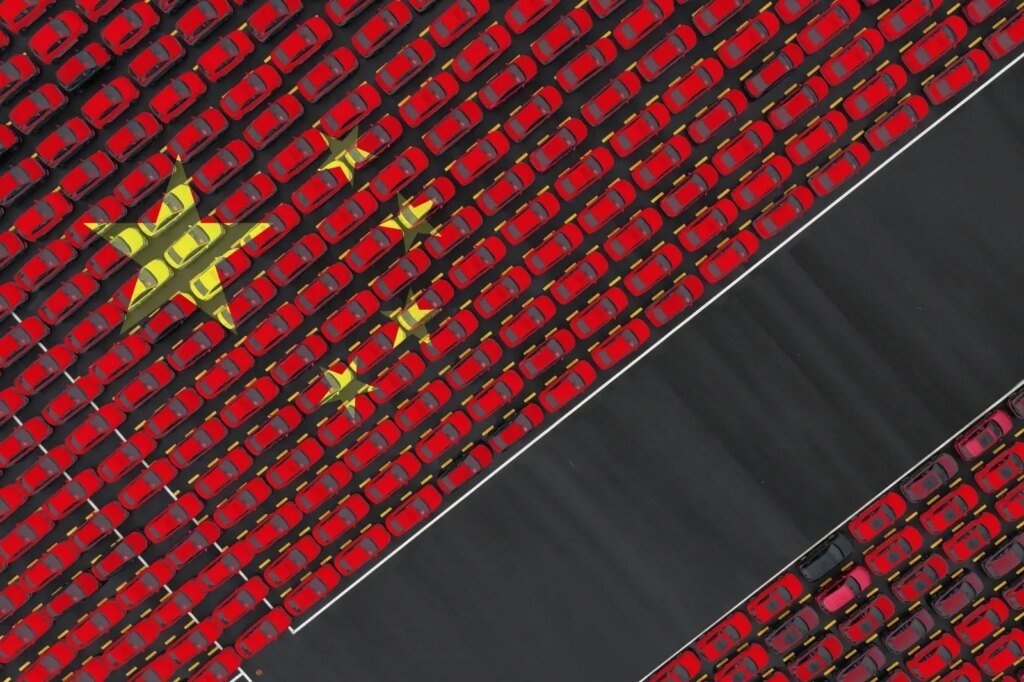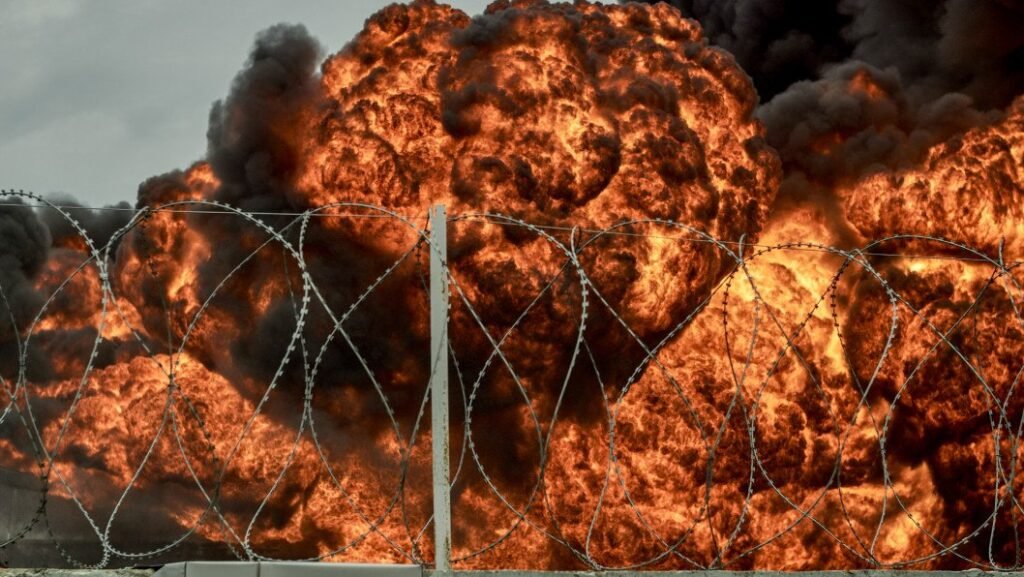BEIJING, Sept. 28, 2025 /PRNewswire/ — A news report from Xinhua Finance, “Over the past few years, we have seen China gradually increase its universal health coverage, boost investment, and place great emphasis on preventive medicine. While advancing its ‘Healthy China 2030’ initiative, China has built a high-quality healthcare system,” said Martin Taylor, representative of the World Health Organization (WHO) in China. The WHO is very willing to collaborate with China, focusing on grassroots healthcare and the needs of the public to better meet the diagnostic and treatment needs concerning non-communicable diseases, he added.
At the 2025 Beijing Capital International Medical Conference, international health experts including Taylor noted that the Chinese government’s achievements are not limited to its own country, as its valuable experience is shared with other nations and benefits all humanity.
According to data from National Health Commission of the People’s Republic of China, the average life expectancy in China had reached 79 years by 2024, with eight provincial-level regions seeing an average life expectancy exceeding 80 years. Last year, China’s key health indicators were among the best in upper-middle-income countries. China has built the world’s largest medical service system, traditional medicine system, disease prevention and control system, and medical security system.
Despite these impressive achievements, a wide range of innovative entities are constantly fueling the progress of medical science and technology in China.
For example, Beijing, the host city of the conference, has 13 national medical centers of 12 different types, 23 national clinical medical research centers, 335 national key specialty construction projects, and four new research and development institutions, including the National Institute of Biological Sciences, Beijing and the China Institute for Brain Research, Beijing. At the Beijing “Two Sessions” in early 2025, the city announced that it had become the first Chinese city where the total output of the medical and health industry exceeded 1 trillion yuan.
The sound environment for technological innovation and doing business has also attracted international healthcare giants. Jin Wei, vice mayor of Beijing, said that going forward, Beijing will focus on strengthening basic and clinical research, accelerating the application of technologies like artificial intelligence and big data, and promoting medical innovation and the commercialization of research outcomes at medical institutions. He added that the city will also strive to achieve new breakthroughs in fields such as innovative drugs, medical devices and smart healthcare to let more medical innovations benefit its people and all humanity.
“Scientific research is a critical foundation for the edifice of medicine. China has a long-term commitment in this regard and actively supports scientific research, making China’s research sustainable and allowing for scientific research to be conducted from a higher dimension and perspective,” said Kamran Abbasi, editor-in-chief of The BMJ. He believes that China has set a great example for the world and its experience can be a reference for other countries.
“Innovation in the health sector has two major challenges: one is to discover new diagnostic and treatment solutions; the other is to deliver the research results to benefit people worldwide,” said Thomas Südhof, a 2013 Nobel laureate in physiology or medicine from Stanford University. He believes that in the face of major human diseases like Alzheimer’s and emerging technologies such as artificial intelligence and gene editing, global collaboration is needed. China’s active role in creating a platform for global health experts to offer advice and suggestions and to enhance mutual learning and exchange is conducive to advancing scientific research and promoting human health.
“Chinese experience tells us that a combination of large-scale innovation and practical policies can help humanity better promote medical development,” Taylor said. He noted that an aging population, non-communicable diseases and climate change are significant challenges for the future of healthcare. He emphasized that countermeasures such as strengthening medical capacity, building a sustainable healthcare system and focusing on basic healthcare are not only critical but also urgent.
“Hospitals, as an important intersection of public well-being, technological innovation and industrial development, bear multiple responsibilities of driving medical progress, protecting people’s health and empowering industrial upgrades,” Liu Qian, president of the Chinese Hospital Association, said while hosting the conference. He said Chinese Hospital Association will act as a bridge between the government and the industry, providing high-quality and efficient services for the high-quality development of the medical industry and making a positive contribution to building a community with a shared future for humanity.
Lei Haichao, director of the National Health Commission, said that at a time when global health development is facing challenges, China stands on the right side of history and effectively safeguards the balanced development of healthcare. Looking ahead, China will continue to promote mutual exchange and practical cooperation, focus its efforts on solving the common challenges facing human health, and work with other countries to promote progress in medical science and technology. It will actively promote the building of a global health community to better address the risks and challenges facing global health and continuously improve the health and well-being of all humanity, benefiting people around the world.
SOURCE Xinhua Finance








